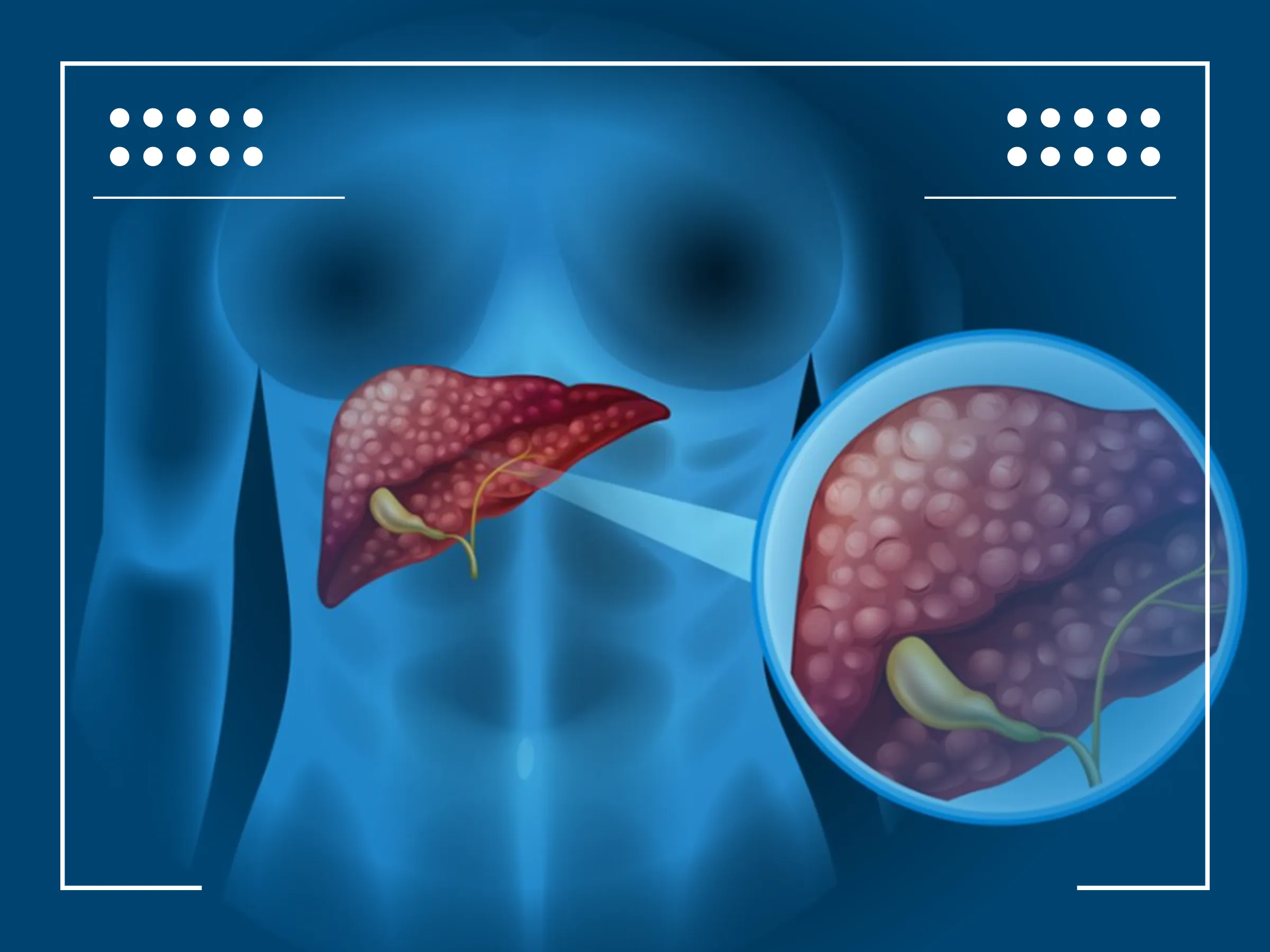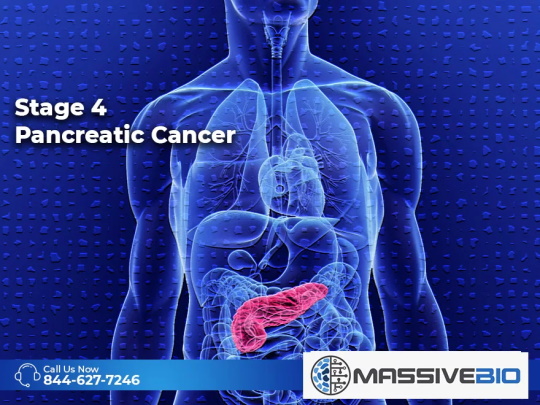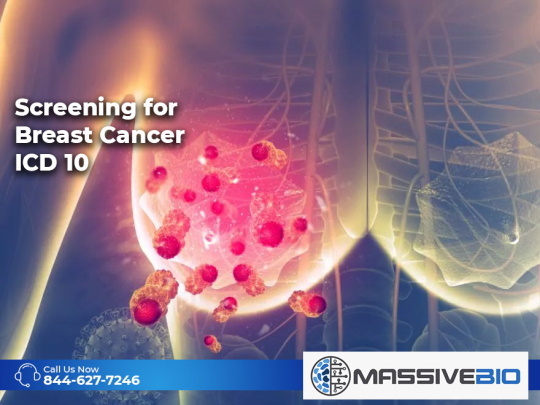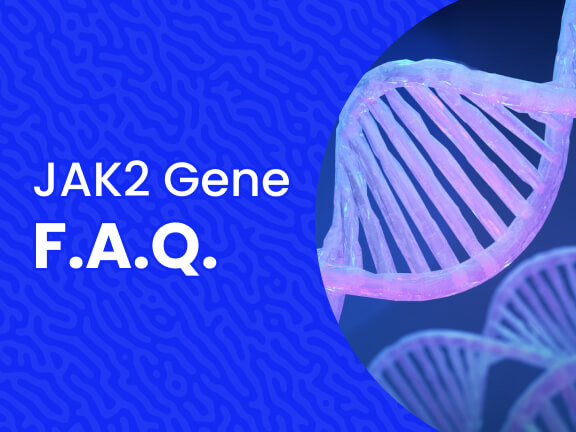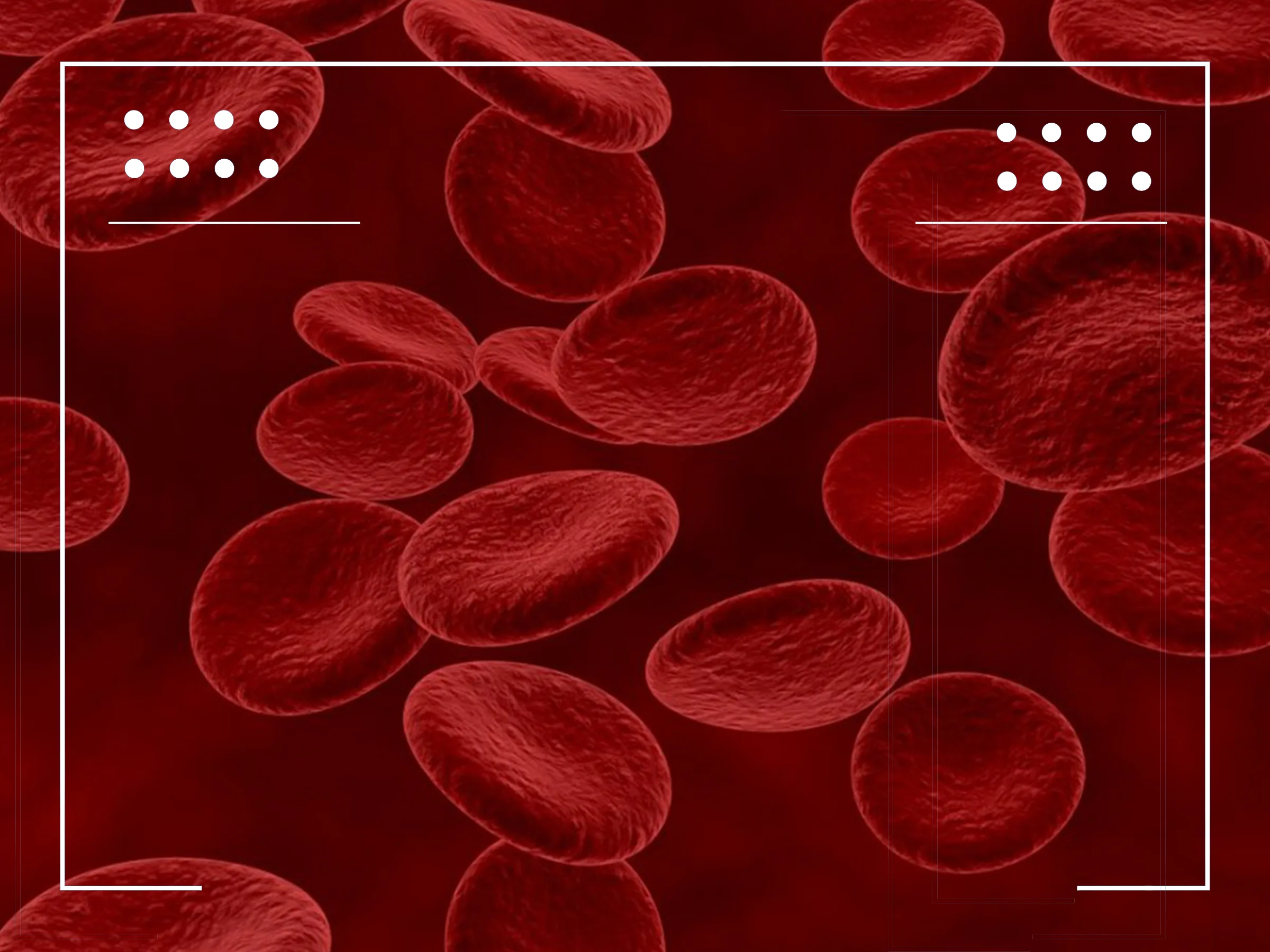Liver tumor, which originates from hepatic cells, can manifest in various forms, each with its own specificities and treatment needs. Early diagnosis plays a crucial role in determining the effectiveness of the available therapies, which can range from surgery to radiotherapy, to the most innovative treatments such as immunotherapy. Despite the progress made in recent years, research is still committed to finding more effective and less invasive solutions for patients.
Liver tumor is a condition that requires a multidisciplinary approach for its treatment. Physicians, surgeons, oncologists, and specialists in supportive therapies work together to develop a personalized care plan, based on the individual characteristics of the tumor and the general health state of the patient. The importance of a healthy lifestyle, with a balanced diet and the avoidance of alcohol and toxic substances, is also fundamental in the prevention of this disease. Public awareness and regular screenings can significantly contribute to reducing the incidence of liver cancer, thus saving many lives.
Liver Tumor Can Be Cured
Under the important theme “liver tumors can be cured,” it is crucial to discuss various aspects surrounding this condition, including symptoms, stages, and recovery possibilities. Benign liver tumors can manifest with symptoms that are often confused with less serious conditions, while initial liver cancer symptoms may include unexplained weight loss, fatigue, and abdominal pain. These signals are crucial for early recognition, which can significantly increase the chances of recovery.
Understanding whether liver cancer can be cured depends on many factors, including:
- The stage of diagnosis.
- The type of tumor.
- The presence of metastases, which represent a serious complication where the cancer spreads to other parts of the body, such as in the case of bone metastases.
Malignant liver tumors, arising from pre-existing conditions such as hepatic steatosis or related to diseases like colorectal cancer, require complex therapeutic approaches. Among the therapeutic options is hepatic resection, which involves the surgical removal of part of the liver. However, the feasibility of such an intervention depends on the cancer stage and the overall health of the liver.
Other aspects to consider include:
- The influence of external factors such as bacteria, for example, Escherichia coli, on liver health.
- The challenges posed by the terminal stage of liver cancer, with symptoms requiring special attention to improve the quality of life of patients.
In this phase, difficult questions such as and how long one can live with liver cancer emerge, highlighting the need for emotional and psychological support for both patients and their families. Finally, the final symptoms of liver metastases can signal disease progression, requiring palliative care to relieve pain and other severe symptoms.
Understanding these aspects is crucial for addressing liver cancer with the hope and attention it deserves, always aiming towards the best treatment and support strategies available.



